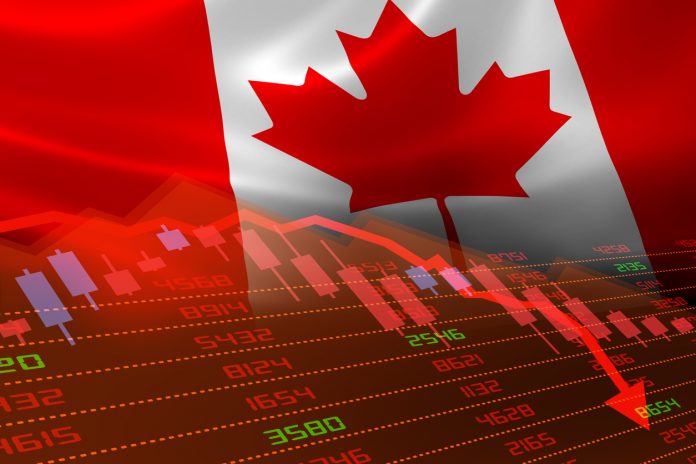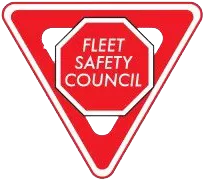
Are tough times ahead? Fear of a recession might be on our doorstep. Both inflation and interest rates are climbing, which experts say slows down the economy or worse. Are you prepared to handle a recession? How can you recession-proof your life?
We’ve all been on a rollercoaster for the past three years. It all started in March 2020, when Canada and the rest of the world had to close up shop because of the COVID-19 pandemic. This created a chain reaction to keep global economies afloat.
The cost of housing, food and transportation, and most other products increased by leaps and bounds. Supply chains became stressed, the expected flows of money changed, and demand for many goods, services and essentials spiked. Global inflation was then followed by rising interest rates and slower economies.
According to NASDAQ (the second-largest marketplace for buying and trading stocks and bonds), governments chose to do several things to stabilize their economies, including printing more money.
In November 2021, NASDAQ said:
- As of March 2021, COVID costs totalled $5.2 trillion. World War II cost $4.7 trillion (in today’s dollars).
- All-in money printing totalled $13 trillion: $5.2 for COVID + $4.5 for quantitative easing + $3 for infrastructure.
- Inflation causes increases in interest rates, lowering bond prices.
- Increases in interest rates cause reductions in stock values.
Printing new money lowers the value of money and can easily cause inflation. Rising inflation caused interest rates to be raised, slowing economies down. But a slowing economy can cause a recession, and that’s where we are.
Adding more to the mix is the Russian invasion of Ukraine and uncertainty about China’s relationship with the west. These events and others lead economists to say a recession is inevitable. Whether deep or shallow, long or short, is up for debate. The consensus is a recession is near.
How do we help safeguard ourselves from a recession if it is inevitable?
With most everything being more expensive and salaries not rising as quickly as inflation, a recession is hard to navigate.
First, we need to slow the flow. The outflow of money, that is. How well do you handle your money? Have you got balanced books? Are you able to make sure that you are not spending more than you make?
Financial advisors have many suggestions. They suggest we have an emergency fund, strong credit, multiple sources of income, and that we live within our means. Some are easier to achieve than others.
Building an emergency fund usually requires planning ahead. If you have reserve cash in a bank or savings, try to maximize the interest you receive on it. Emergency fund money should be at the highest interest rate you can get. Keeping up with 7% inflation is not easy; keeping money gathering 0% interest loses 7% of its value over a year.
It’s imperative to live within your means each and every day, in good times and bad. Stick to a monthly budget that will help keep you within your spending limits. It may sound simple, but for some, that requires discipline.
Wrestling down your debt is essential. It is said that debt begets more debt. Interest rates are up, meaning any money you borrow costs more. Owing on a mortgage is one thing at 6% interest, but owing on a credit card at 30% interest can be dangerous. If you don’t completely pay off your credit card every month, you end up paying interest on what you don’t pay off.
Avoid high-interest debt at all costs. That may mean consolidating loans, remortgaging or procuring a line of credit to enable paying down or paying off high-interest debt.
Live frugally. Minimize non-essential spending. That may mean delaying a trip or going out to the restaurant, or perhaps even a new vehicle. Making wise choices on purchases or going without unnecessary items becomes common sense. At least until times get more promising.
If you are a two-income family, see how close you can get to living off of only one spouse’s income. In good times, this tactic will allow you to save money. Unfortunately, not everyone is in a position to do this.
Consider a second income source. That might be a side job like consulting or even selling collectables on eBay or Kijiji. Diversifying your streams of income can be crucial in uncertain times. When it comes to money, every little bit helps. Maybe this is the time to start that new business you’ve been thinking of?
Refresh your CV and consider career options. Recessions can often result in layoffs and higher levels of unemployment. It is necessary to consider how tough economic times could affect your career and have a backup plan should you face a layoff.
Yes, we can recession-proof our lives with a few prudent steps. Consider using a financial planner. Look for ways to spend less or earn more. Live within your means. Update your resume and sharpen your skill set. Get creative and find a second income. Lower your exposure to high-interest borrowing costs. Practice spending discipline. Consider consolidating your loans at a lower rate.
Unfortunately, it looks as if a recession is going to be inevitable. Still, with some planning and a little discipline, you can make it easier to survive. There may be a few tough choices, but the effort will be worth it.


















